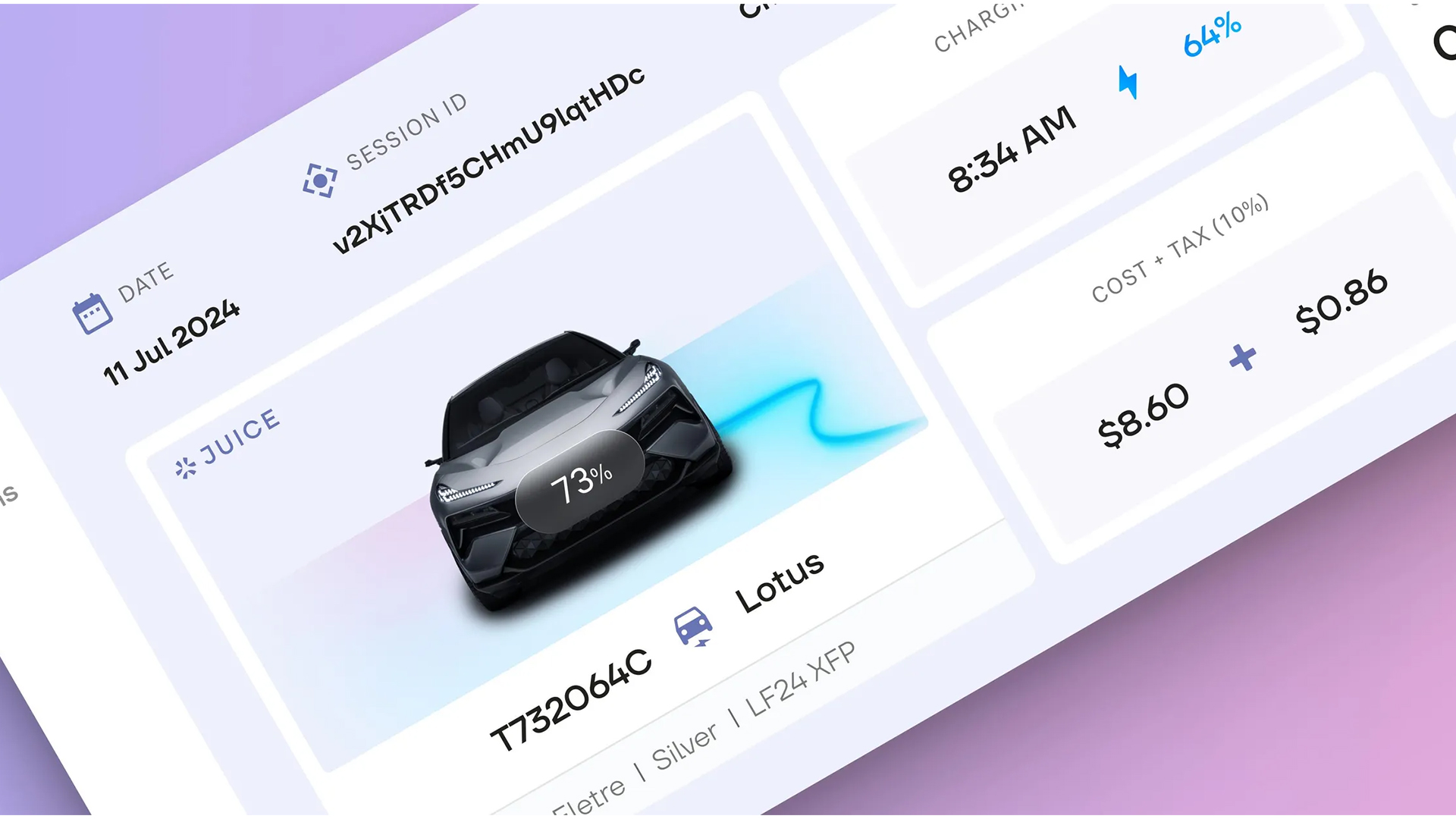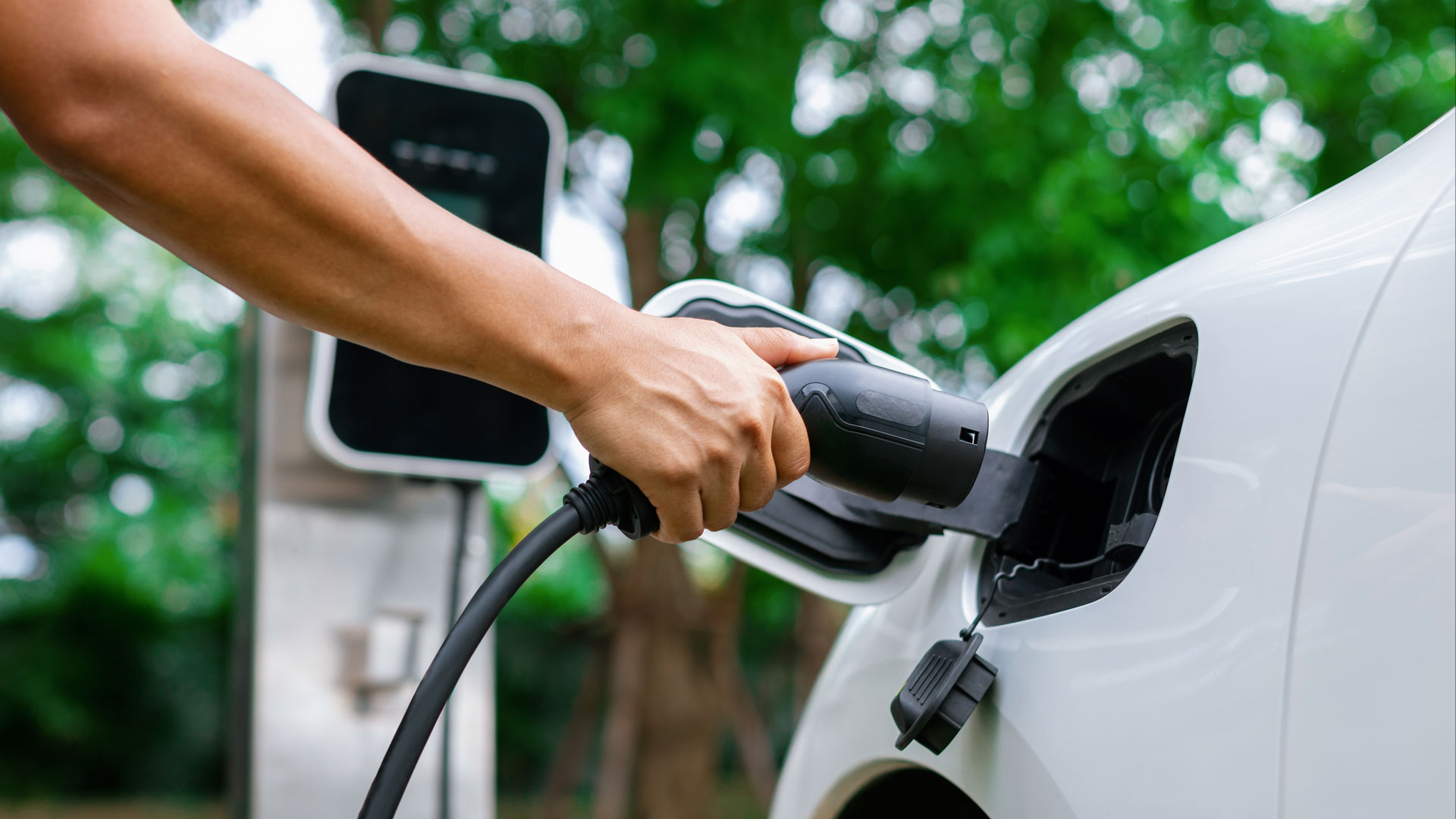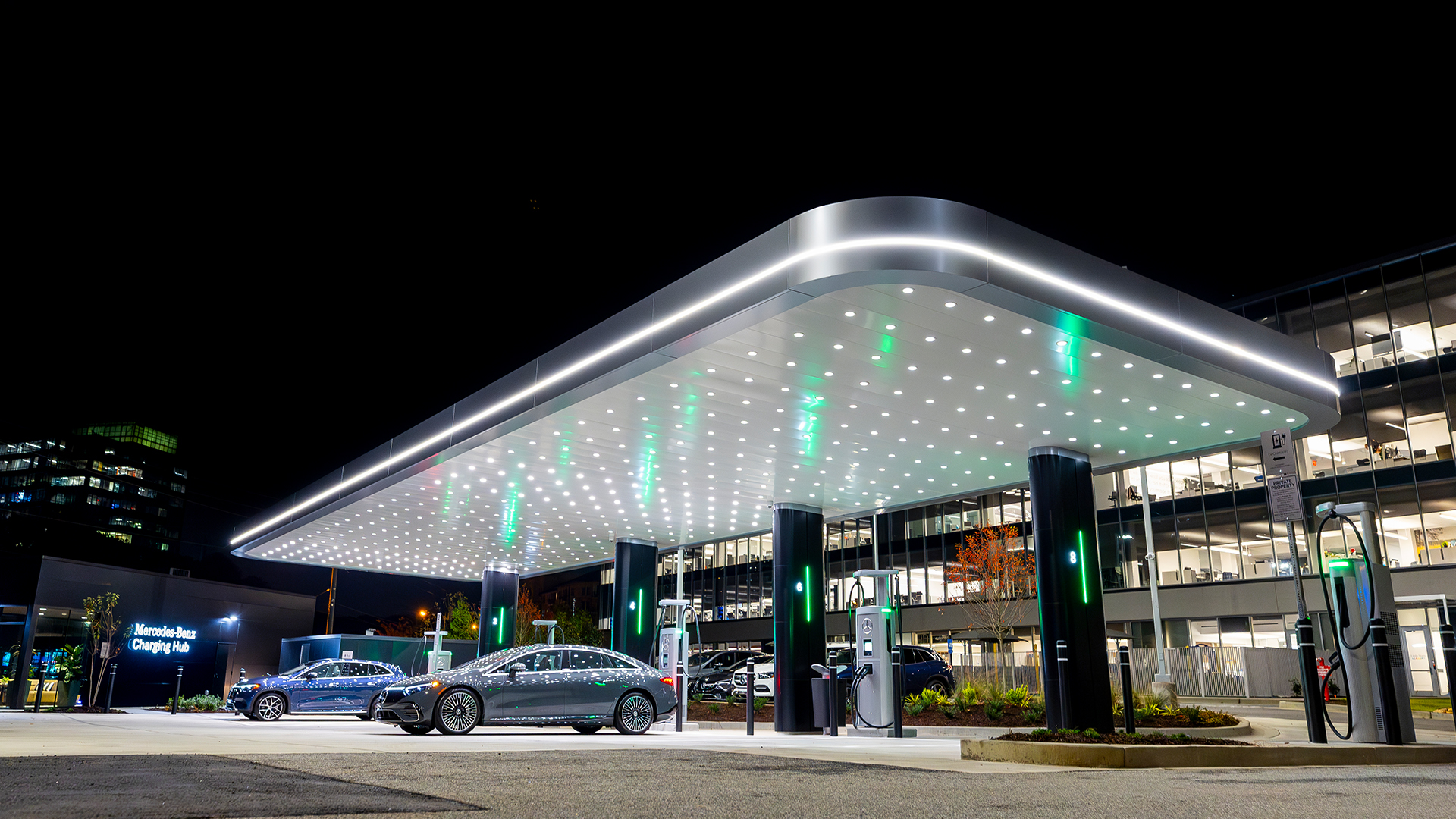Tired of EV charging hassle? This start-up wants to solve it with its 'Face ID for vehicles'
Sick of RFID cards, apps and QR codes? This company might have the answer

A new start-up called Juice has announced a partnership with New York ride share and fast-charging operator Revel that could help take the pain out of using a public EV charging network thanks to smart cameras and machine learning.
Although vastly improved over recent years, topping up EV batteries via chargers found out in the wild remains a confusing and sometimes over-complicated task.
Many require setting up a bespoke account, either through a browser or by downloading a smartphone app, despite the increased prevalence of tap-to-pay options.
Regardless, it’s still not the seamless experience that Tesla customers have long enjoyed on its Supercharger network. That process sees payment methods stored on account within the car’s infotainment system, which means the owner can enjoy simply plugging in, charging and driving away, safe in the knowledge that the bill and breakdown of costs will arrive every month.
Juice and Revel want to change all of that by creating what it calls 'Face ID for vehicles'. Harnessing the power of computer vision, which uses AI-driven smart cameras, the company wants EV charging stations to be able to recognize a vehicle, alongside its license plate, authenticate and then automatically debit the cost of a charging session to an associated account.

"Our goal is not to create a long experience where we’re forced to come in and download an app and use that app every single time," Paul Suhey, cofounder and chief operating officer at Revel told The Verge in a recent interview. "We’re just trying to make the experience as easy as possible."
Granted, the EV owner in question does have to scan an initial QR code to get signed up, and then allow permission for Juice to record some video footage of the vehicle via a smartphone camera. But from there it's simply a case of selecting a payment method and leaving the smartphone in the pocket when you pull up to a Revel stall.
Get daily insight, inspiration and deals in your inbox
Sign up for breaking news, reviews, opinion, top tech deals, and more.
Revel says it can then use existing security camera technology, alongside machine learning, that will recognize the EV and then automatically debit the account holder when the charging session is complete – removing a number of irritating sign-up and payment steps that currently plague much of the public network.
Analysis: Like Amazon Go for EV charging

To all intents and purposes, the public charging network is still a bit of a mess. A lack of single service provider (Tesla not included) means that multiple accounts often have to be set up to cover any significant journey, despite the work carried out by numerous EV manufacturers to make the process more seamless.
Unlike paying for diesel or petrol, there are no cashiers at public charging stations and the software that runs them is often unreliable, glitchy or completely broken.
The likes of Kia, Nissan, Polestar and BMW now all offer a subscription-style package, which sees the user set up an account (complete with billing information) and then use an RFID card that can be tapped (an app also works) at various chargers across a handful of networks, with owners receiving a final bill at the end of the month.
Similarly, Mercedes-Benz offers payment from within the car (Tesla-style) thanks to its Mercedes me Charge system, which will speak to more than 1.6 million charging points worldwide and automatically debit the user.
These are all steps in the right direction, but the process remains riddled with problems, the main one being that not all public charging networks are included in any of these packages. There are simply too many to consolidate it all.
Juice has essentially created the Amazon Go of EV charging here, where AI-driven smart cameras automatically detect the user's activity and debits their account accordingly. But it still only works on the Revel network – or at least those that go on to adopt the technology.
During an EV owner’s lifetime, they will likely come across hundreds of different public charging providers, some more obscure than others, particularly if you start venturing off the beaten path. After all, if the vehicle is showing only four per cent battery remaining, the driver is going to head to whatever charging option is closest or most convenient.
Things are improving and a smaller handful of widespread service providers are now dominating the charging landscape, while more charging stalls now simply require a tap of a credit or debit card.
But if electric vehicles stand any chance of hitting parity with their internal combustion engine siblings, all aspects of range anxiety need to be banished, and this includes the ability to charge anywhere at any time without additional payment steps or complications.
After all, when was the last time you planned a road trip with specific gas station stops?
You might also like
- Tesla Supercharger expansion has reportedly slowed significantly – and that’s bad news for all EV owners
- Mercedes announces breakthrough in solid-state EV battery tech, but Chinese rivals are still way ahead
- These gigantic solar-powered streetlights could be the answer to EV charging in dense urban areas

Leon has been navigating a world where automotive and tech collide for almost 20 years, reporting on everything from in-car entertainment to robotised manufacturing plants. Currently, EVs are the focus of his attentions, but give it a few years and it will be electric vertical take-off and landing craft. Outside of work hours, he can be found tinkering with distinctly analogue motorcycles, because electric motors are no replacement for an old Honda inline four.